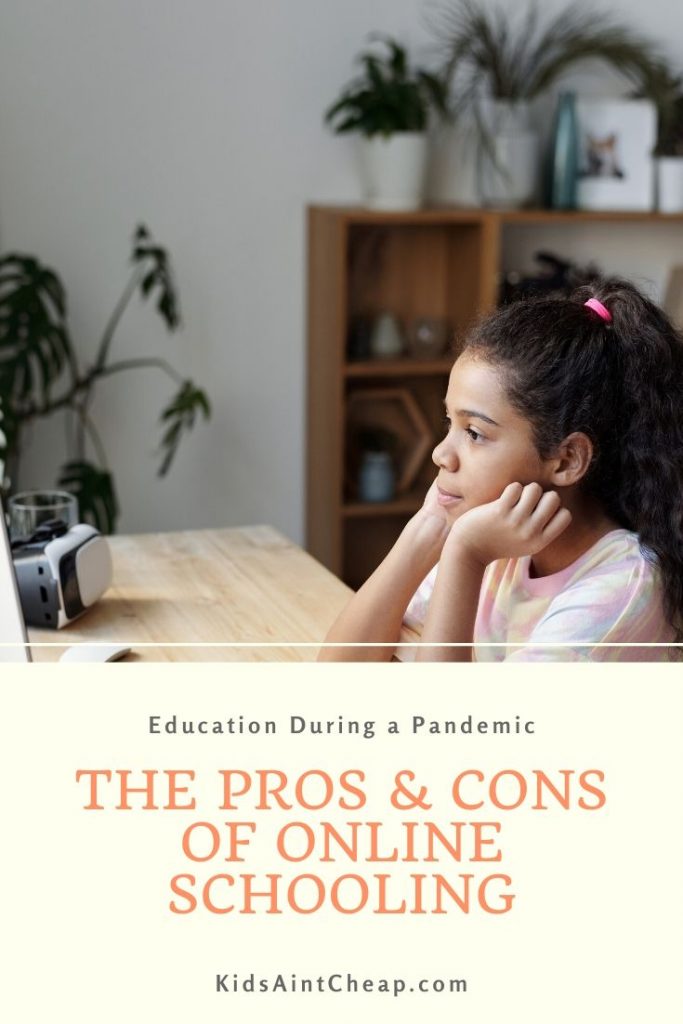
History doesn’t have to be all dates, dusty books, and long speeches—especially for kids! In fact, there are tons of fun history facts that can make the past feel just as exciting as their favorite cartoons. When children hear weird, funny, or surprising stories from history, they’re more likely to stay curious and want to learn more. That early spark of interest can turn into a lifelong love for learning, reading, and asking questions. So grab a snack, get comfy, and check out these six kid-friendly historical facts that are as entertaining as they are educational.
1. George Washington Didn’t Have Wooden Teeth
One of the most popular fun history facts floating around is that George Washington wore wooden dentures—but that’s actually not true. His false teeth were made from a mix of animal teeth, human teeth, ivory, and metal. While they probably didn’t feel great in his mouth, they definitely weren’t made of wood. The myth might have started because his dentures looked stained and rough, giving them a wood-like appearance. This fact is a great way to show kids that not everything we hear about history is 100% accurate!
2. Ancient Egyptians Loved Board Games
Kids today aren’t the only ones who enjoy a good board game—ancient Egyptians played them too! One of their favorite games was called Senet, and it’s believed to be one of the oldest board games in the world. It had a checkerboard-like design and used tokens and dice, with players racing their pieces across the board. Egyptians thought the game had a connection to the afterlife and even buried it in tombs with pharaohs. Sharing this fun history fact can make the ancient world feel more relatable and fun for young learners.
3. A War Once Started Over a Bucket
Believe it or not, there was a real war called the War of the Bucket—and yes, it involved an actual bucket. In 1325, two cities in Italy, Bologna and Modena, went to battle after soldiers from Modena stole a wooden bucket from a well in Bologna. It might sound silly, but the cities were already rivals, and the bucket was the final straw. The fight lasted over a decade, and Modena even kept the bucket as a trophy. This wacky story is a great example of how strange and surprising history can be.
4. Vikings Didn’t Actually Wear Horned Helmets
Another one of those fun history facts that challenge what we think we know is that Vikings never wore horned helmets in battle. That image actually came from operas and costume designers in the 1800s who wanted Viking characters to look dramatic. Real Viking helmets were simpler and made for protection, not flair. Teaching this to kids shows them how myths and media can shape our understanding of the past. It’s a fun way to explore the difference between legend and truth.
5. Napoleon Wasn’t Actually Short
Napoleon Bonaparte is often remembered as being unusually short, but he was actually of average height for his time. He stood about 5’6” or 5’7”, which was pretty normal for a French man in the 1800s. The “short Napoleon” idea likely came from British propaganda meant to make him seem weak or silly. This fun history fact can open up conversations about how people’s reputations are shaped by others—and how important it is to question what we hear. It’s also a reminder that even powerful leaders can be misunderstood.
6. President Taft Had an Oversized Bathtub in the White House
William Howard Taft, the 27th President of the United States, is remembered for many things, but kids especially love the unusual story of him allegedly getting stuck in a White House bathtub because of his size. While the full details are debated (and it may be a myth), we do know that a special oversized tub was eventually installed just for him. This funny image helps make history feel more human and real. Even presidents have awkward moments, and that’s something kids of all ages can appreciate!
Making History Stick with a Smile
Fun history facts help kids remember the past in ways that feel exciting and meaningful. When children hear about ancient games, stolen buckets, or bathtub mishaps, history becomes more than just facts and figures—it becomes a story they can connect with. These lighthearted facts are a great gateway to deeper learning and critical thinking. The more fun you make history, the more likely kids are to explore it on their own. So keep the laughs coming and let curiosity lead the way.
Which of these fun history facts surprised your child the most? Do you have a favorite weird or wild story from the past? Share it in the comments!
Read More:
The Most Fascinating Facts You Never Knew About Diamonds
Think Your Child’s Car Seat Is Safe? These 7 Shocking Facts Say Otherwise
Catherine is a tech-savvy writer who has focused on the personal finance space for more than eight years. She has a Bachelor’s in Information Technology and enjoys showcasing how tech can simplify everyday personal finance tasks like budgeting, spending tracking, and planning for the future. Additionally, she’s explored the ins and outs of the world of side hustles and loves to share what she’s learned along the way. When she’s not working, you can find her relaxing at home in the Pacific Northwest with her two cats or enjoying a cup of coffee at her neighborhood cafe.




